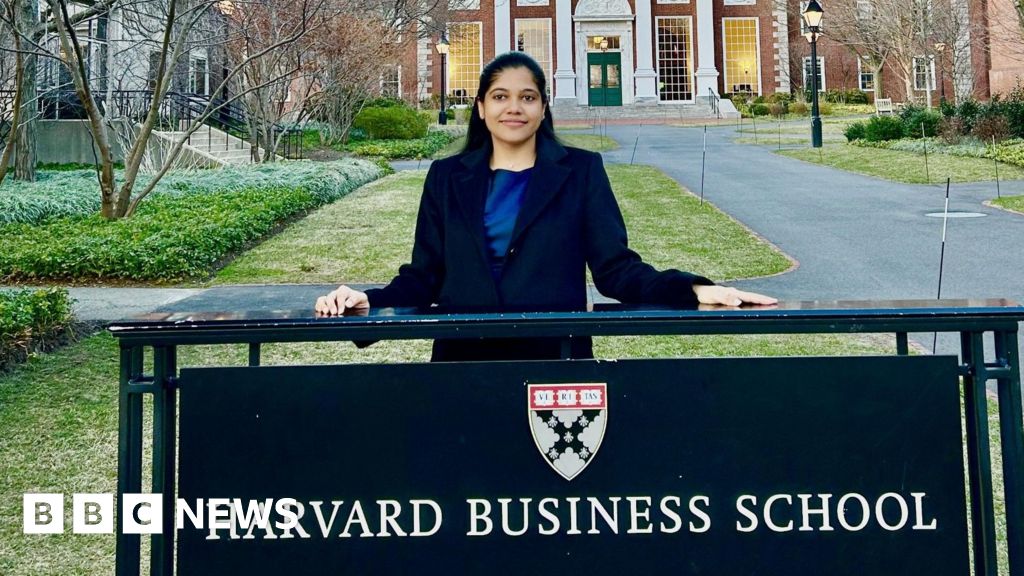Harvard International Students Face Uncertain Futures as Visa Restrictions Loom

For international students at Harvard University, the dream of graduation is clouded by uncertainty. Recent actions by the Trump administration, aimed at restricting Harvard's ability to enroll foreign students, have left many feeling stranded and anxious about their future prospects. This situation, particularly concerning for those nearing graduation, highlights the complex challenges faced by international students navigating US immigration policies.
The dispute stems from Harvard's lawsuit challenging the government's investigation into its compliance with federal labor laws related to student workers. The administration contends that Harvard's position on student employment undermines the integrity of the student visa program. As a result, the government has moved to block Harvard from enrolling international students, a decision that has sparked widespread concern and condemnation.
One student, who wishes to remain anonymous, shared the devastating news she had to deliver to her family. Having dedicated herself to the executive leadership program, she now faces the possibility of not graduating in July. “We did not sign up for this,” she said, echoing the sentiments of many of her peers. The prospect of losing years of hard work and investment is a deeply distressing one.
The implications extend far beyond individual students. Harvard, and other universities facing similar scrutiny, are vital hubs for global talent and innovation. Restricting international student enrollment not only impacts the students themselves but also diminishes the intellectual vibrancy of American universities and the nation's ability to attract and retain top minds from around the world. The ripple effects are felt across various sectors, from research and development to the broader economy.
Legal experts are closely watching the ongoing legal battle. While the government's actions are unprecedented, they are rooted in concerns about maintaining the integrity of the visa system and ensuring compliance with labor laws. The outcome of this case could set a precedent for other universities and potentially reshape the landscape of international education in the United States.
The situation underscores the precariousness of international students' lives, who often face significant financial and emotional burdens in pursuing their education abroad. The sudden threat of visa restrictions highlights the need for clear, consistent, and predictable immigration policies that support international education and recognize its vital contribution to society. Many are hoping for a swift resolution that allows these students to complete their studies and contribute their talents to the world.
Harvard has vowed to fight the government's decision, arguing that it is an overreach of power and a violation of due process. The university maintains that it has consistently complied with federal laws and that the government's actions are politically motivated. The legal battle is expected to be lengthy and complex, leaving international students in a state of limbo until a final resolution is reached.






